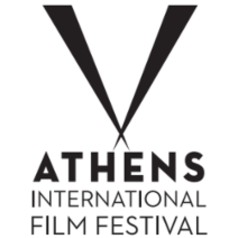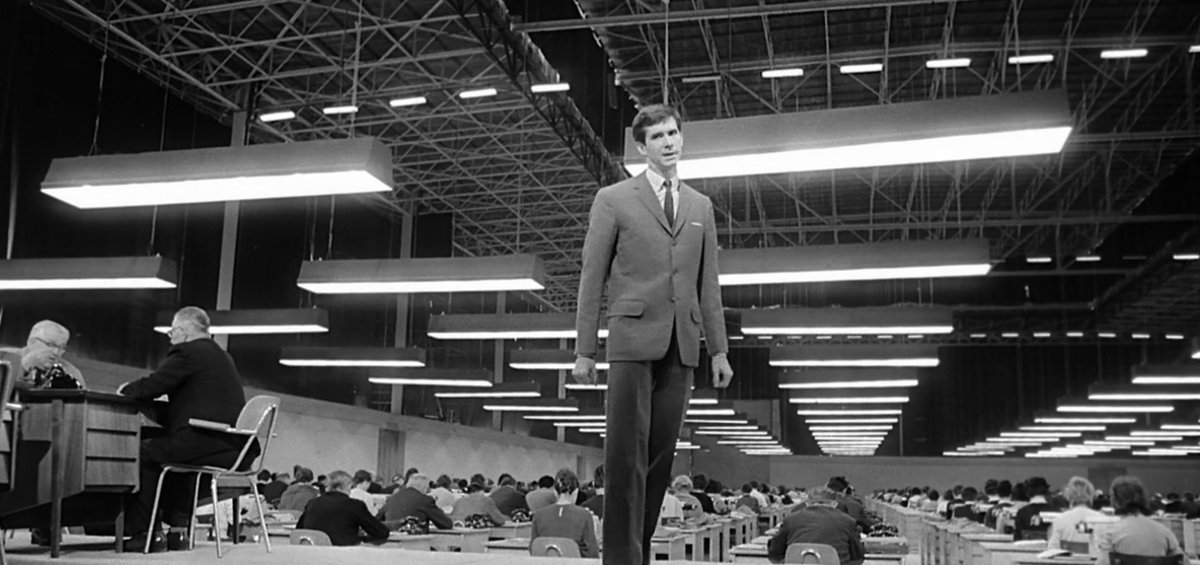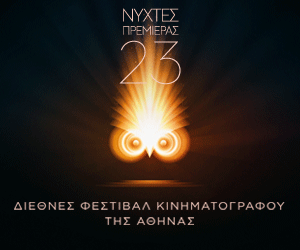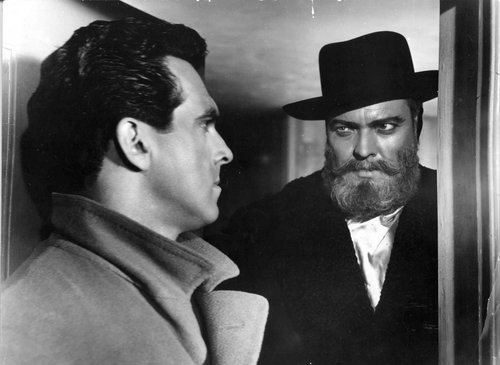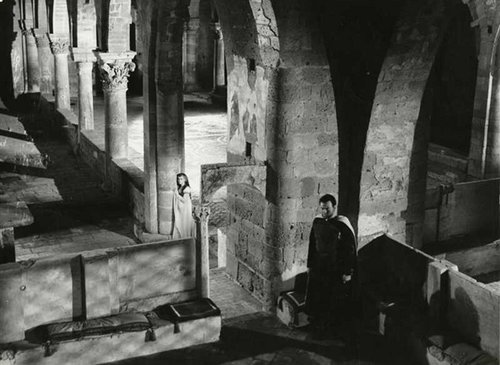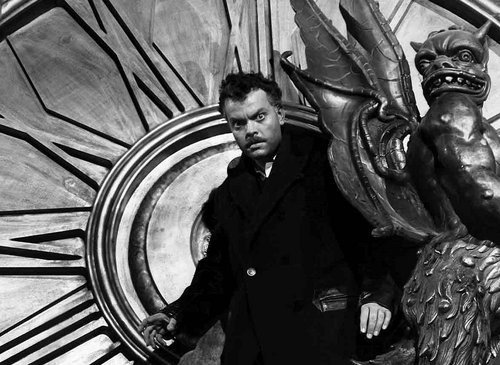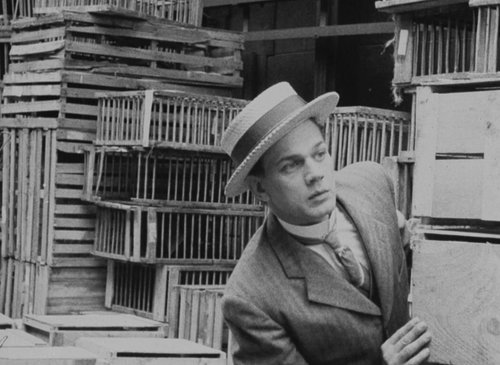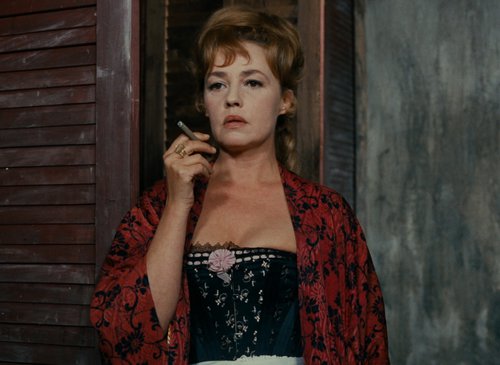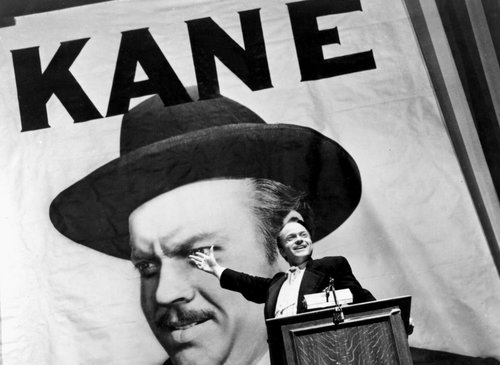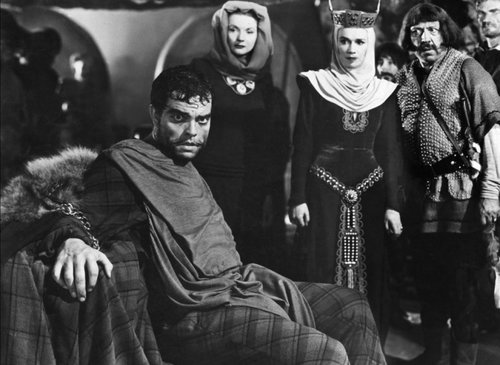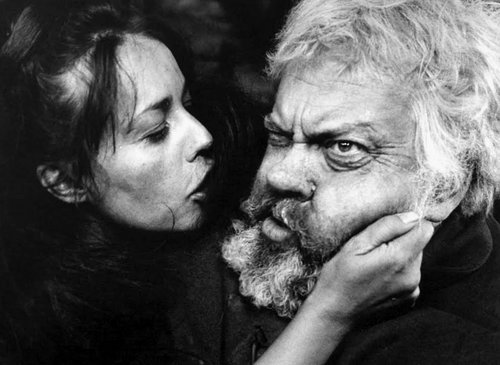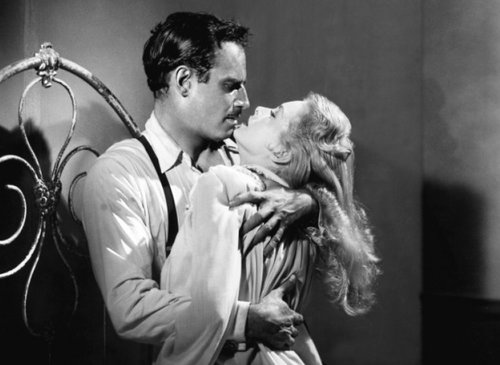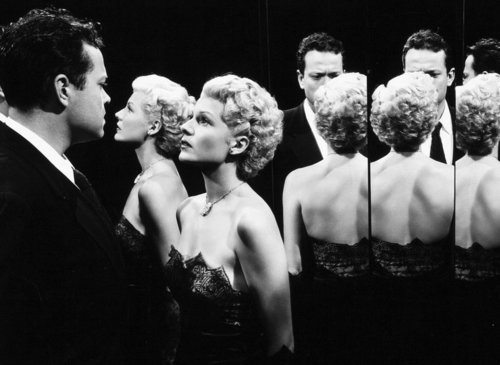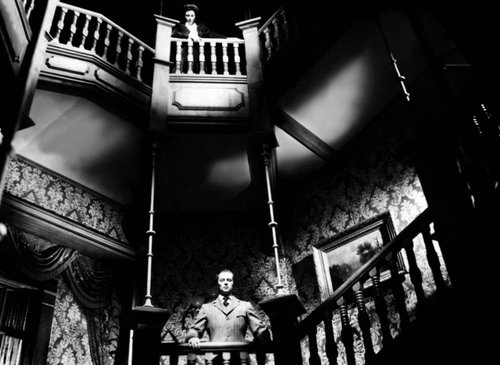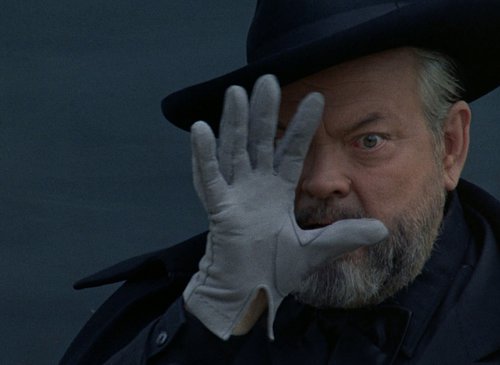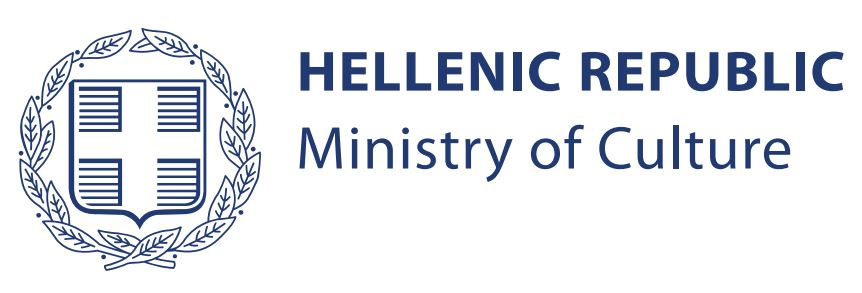THE TRIAL
Film noir meets German expressionism in this dystopian adaptation of Kafka’s “The Trial” by the only director who could take on such a weighty task. Anthony Perkins exhibits his great acting skills in an ode of a film showing the crushing of the individual at the hands of impersonal authoritarian systems. Most people may consider “Citizen Kane” Welles’ best film, however, “The Trial” remains one of his most commanding and formalistically daring films. Introduction by journalist Tina Mandilara (24/09).
FRANCE, ITALY, WEST GERMANY | 1962 | B&W | DCP | 119’ | ENGLISH
Few people tried to translate into film Franz Kafka. First among them, as it should be probably be expected since greatly connected in an intellectual level, is Orson Welles. Josef K. (Anthony Perkins) is arrested and goes into trial and a predetermined end without ever knowing what he is accused of. Was he guilty? “Definitely yes”, Welles said imperatively, sardonically (and maybe autobiographically) while guiding Perkins.
Guilty of supporting a society defined by the complicated, ubiquitous state authority – the creator’s nightmare. Which here, in the midst of production problems (typical for him) rises unto the director’s stratosphere, creating a claustrophobic delirium of Gothic expressionism, a film of existential horror, with such cinematography that for the first time in the history of cinema the battle of a character with the setting reflects the theme in such a stifling manner. I.D.
DIRECTOR: Orson Welles
SCREENWRITERS: Orson Welles, Pierre Cholot
DoP: Edmond Richard
MUSIC: Jean Ledrut
EDITORS: Yvonne Martin, Frederick Muller
PRINCIPAL CAST: Anthony Perkins, Orson Welles, Jeanne Moreau, Romy Schneider, Akim Tamiroff, Elsa Martinelli


